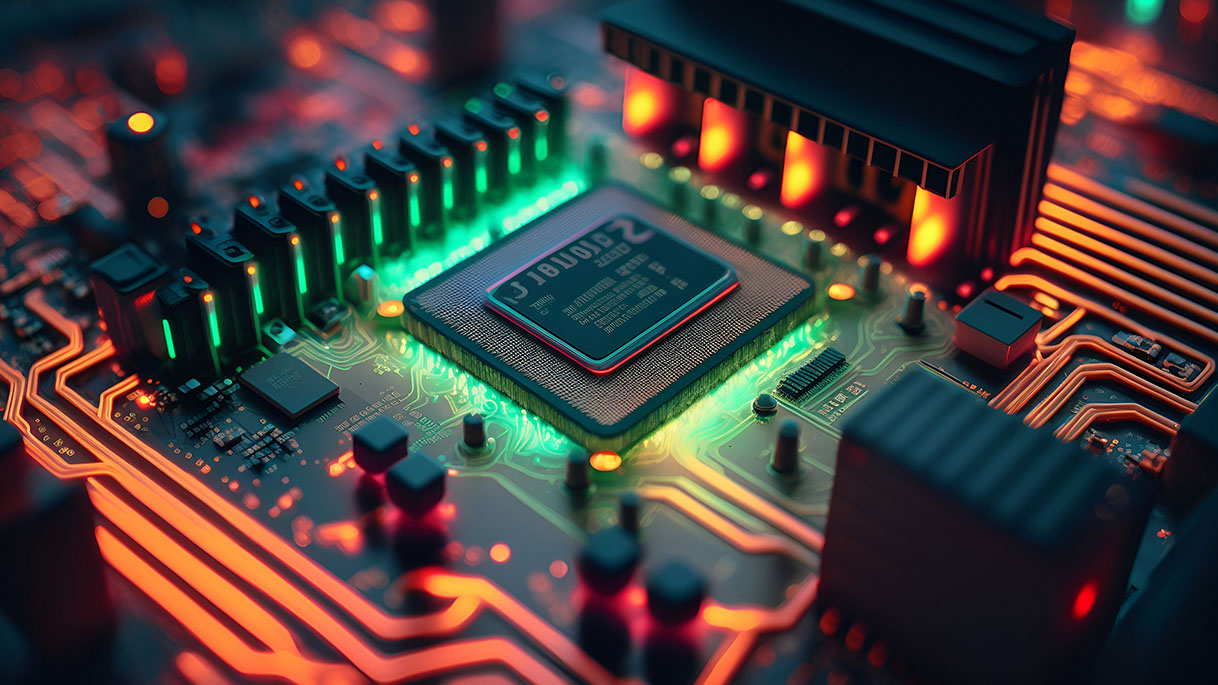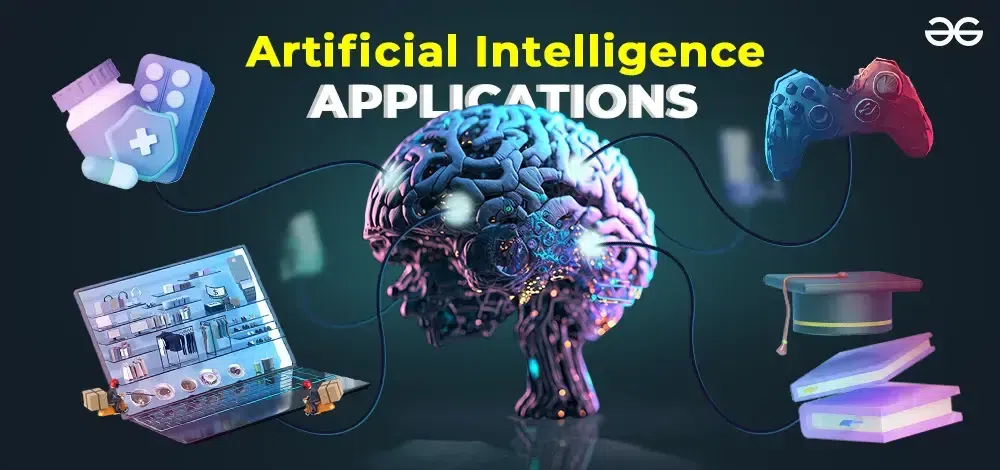The rapid evolution of artificial intelligence (AI) and the increasing demand for high-performance computing have led to significant changes in the tech industry. Central to these advancements are AI chips and data centers, which serve as the backbone of machine learning algorithms and data processing capabilities. As the U.S. government introduces new measures to regulate the development, export, and use of AI chips, tech companies are expressing growing concerns about the potential implications for their operations.
Here's ads banner inside a post

This article delves into the evolving U.S. policies on AI chips and data centers, exploring the reasons behind these moves and the reactions from major players in the tech industry.
The U.S. Strategy on AI Chips
AI chips are specialized hardware designed to accelerate the computations required for machine learning tasks. These chips are critical in various applications, from natural language processing (like chatbots and voice assistants) to complex image recognition tasks in autonomous vehicles. Companies like NVIDIA, Intel, and AMD have emerged as major players in the AI chip market, providing the necessary infrastructure for AI development.
Here's ads banner inside a post

The U.S. government has recognized the strategic importance of AI technology in maintaining its global leadership. As a result, it has introduced measures to control the production and export of AI chips to certain countries, particularly China, citing national security concerns. These regulations are aimed at preventing the use of U.S. technology by rival nations for military or surveillance purposes. While these actions are understandable from a geopolitical standpoint, they raise significant concerns for the tech industry.
Implications of Export Controls
One of the most significant measures is the imposition of export controls on high-performance AI chips. These controls restrict the sale of cutting-edge chips, such as those capable of handling large-scale AI computations, to countries like China. The rationale behind these restrictions is to curb the development of AI technologies in adversarial states that could potentially use them for military purposes or to enhance their technological capabilities in ways that undermine U.S. interests.
Here's ads banner inside a post
For tech companies, these export controls create a series of challenges. Companies like NVIDIA and AMD have faced disruptions in their ability to sell chips in key markets, leading to potential revenue losses and delays in research and development. In the case of China, which has been investing heavily in AI and semiconductor technology, the restrictions may prompt the country to accelerate its efforts to develop domestically-produced alternatives, creating a more competitive environment for U.S. companies.

Furthermore, tech companies are concerned about the broader impact these export controls could have on their international business strategies. As AI chips become integral to global supply chains, limiting access to certain markets could disrupt collaborations and partnerships with international firms, potentially isolating U.S. tech companies from lucrative opportunities in emerging markets.
The Growing Importance of Data Centers
Data centers are another critical component of the AI infrastructure. These facilities house the servers and storage systems needed to process the vast amounts of data required for machine learning and AI applications. As AI models become more complex, the demand for data center capacity has surged. Companies like Amazon, Microsoft, and Google have heavily invested in building massive data centers worldwide to meet the growing need for AI-powered services.

However, the rapid growth of AI applications has also raised concerns about the environmental impact of data centers. These facilities consume vast amounts of electricity to run the servers and cool the equipment. In response, many tech companies have pledged to transition to renewable energy sources and improve energy efficiency in their data center operations. While these efforts are commendable, they also place significant financial pressure on companies, which must balance sustainability goals with the need to maintain profitability.

The U.S. government has also begun to address the environmental footprint of data centers, with new regulations aimed at reducing carbon emissions. While these regulations are necessary to combat climate change, they may present additional challenges for tech companies. Companies may face higher operational costs as they invest in cleaner energy solutions and implement more sustainable practices in their data center operations.
Tech Companies’ Concerns and the Road Ahead
The combination of export controls on AI chips and the growing regulatory focus on data centers has led to increased uncertainty for tech companies. Many companies are grappling with the complexities of navigating these new policies while continuing to innovate and remain competitive in a rapidly evolving market.

For instance, major tech firms that rely on AI chips for their products and services may need to diversify their supply chains or seek alternative sources for cutting-edge hardware. This could involve forming new partnerships with semiconductor manufacturers in other countries or investing in research and development to create proprietary AI chip designs that comply with U.S. regulations.
Additionally, the push for sustainability in data centers could encourage companies to explore innovative technologies such as edge computing, where processing takes place closer to the source of the data, reducing the need for large, centralized data centers. This could help alleviate some of the pressure on companies to build massive, energy-intensive facilities while improving the efficiency of their AI operations.

While these regulatory changes present challenges, they also offer opportunities for innovation. As tech companies adapt to the evolving landscape, we can expect to see a new wave of advancements in AI chip technology, data center design, and sustainable computing practices. These changes will not only shape the future of AI but also have broader implications for industries ranging from healthcare to finance, where AI is increasingly being applied to solve complex problems.
Navigating the Future: Opportunities and Challenges in the AI Landscape
The U.S. government’s moves on AI chips and data centers have sent ripples through the tech industry, with both opportunities and challenges emerging in the wake of new policies. As companies navigate these changes, they will need to balance national security concerns with their global business strategies, sustainability goals, and technological innovations.

The future of AI is undeniably intertwined with the development of AI chips and data centers. How the U.S. and tech companies respond to these evolving regulations will determine the trajectory of AI progress and the competitive dynamics of the global tech market. In the face of uncertainty, one thing is clear: the race for AI supremacy will continue, but it will be shaped by a new set of rules and challenges that reflect the complex interplay between technology, policy, and international relations.

